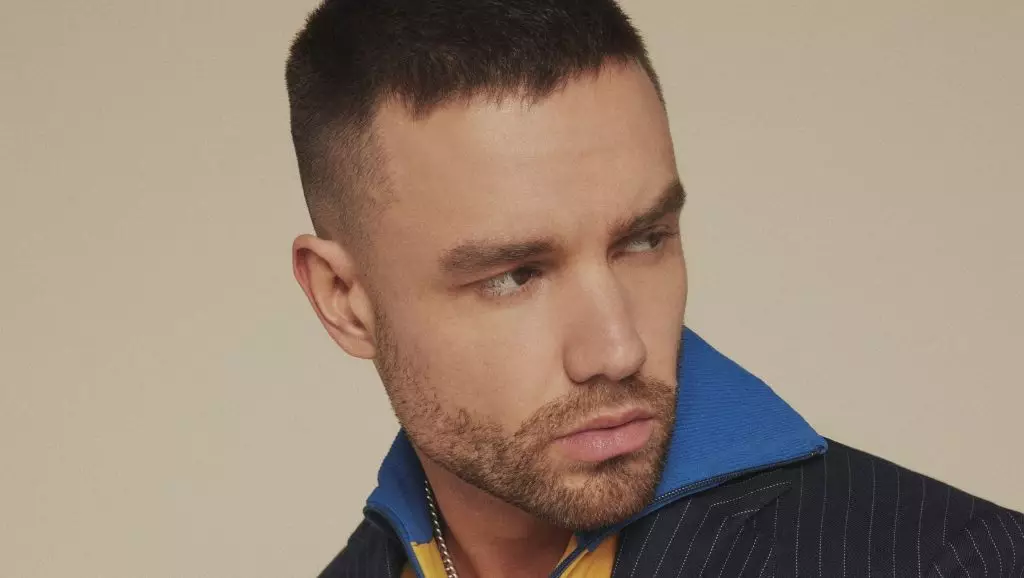The entertainment industry is often a landscape of celebration and creativity, but when faced with tragedy, the dynamics can shift dramatically. With the recent passing of Liam Payne, a figure prominently linked to Netflix’s upcoming music competition series, Building the Band, the streaming platform finds itself at a critical crossroads. While the show was initially poised to captivate audiences with its unique premise of pairing singers based solely on compatibility rather than physical appearances, the question now looms larger than the show’s concept: should they release a project associated with an artist whose life has been cut short?
Building the Band showcased not only Payne’s artistic expertise but also his ability to mentor a new generation of talent alongside notable figures like Nicole Scherzinger and Kelly Rowland. The experience was underpinned by real musical chemistry, where 50 singers vied for the opportunity to form a band, guided by their emotional and artistic connections rather than merely superficial interactions. This innovative approach to talent discovery could potentially resonate with audiences yearning for depth in the reality genre.
However, the essence of mentorship takes on a poignant layer given the current context of Payne’s untimely death. Fans and collaborators alike are left grappling with the loss, and it compels Netflix to tread carefully as they contemplate the release. Would unveiling this project too soon come off as distasteful, or could it serve as a tribute honoring Payne’s legacy?
Fan Reactions and Emotional Connections
The bond between artists and their fans often transcends the typical entertainer-audience relationship, and this was especially evident during the live recording of the series in Manchester. Audiences filled with excitement and joy, celebrating Payne’s milestone birthday, harmonizing a heartfelt rendition of “Happy Birthday” just before the final shows were filmed. Such moments testify to the emotional tether that fans have with artists, making the decision to release Building the Band even more complicated.
Moreover, social media has played an integral role in shaping public sentiment. Fans took to various platforms to express their support and grief, sharing memories and photographs from the recordings. This outpouring of collective emotion raises questions about whether it is ethical for Netflix to proceed with the broadcast of a show that might reignite such feelings of loss for many.
As Netflix and Remarkable Entertainment weigh their options, they must consider both the artistic value of Building the Band and the emotional implications of its release. The timeline for debuting new content generally adheres to post-production schedules, suggesting that the series could be many months away from airing. In this time, the industry, fans, and those close to Payne may all undergo a shared process of mourning and healing.
Ultimately, Netflix needs to assess not only their viewership metrics but also the human stories that underpin their programming. In navigating this delicate situation, the streaming giant has the potential to redefine its approach to storytelling—balancing profitability with respect for the emotional weight of its content. Whether they find a way to honor Liam Payne’s legacy through Building the Band remains uncertain, but the decision will certainly echo through both the entertainment community and the passionate fanbase he leaves behind.

